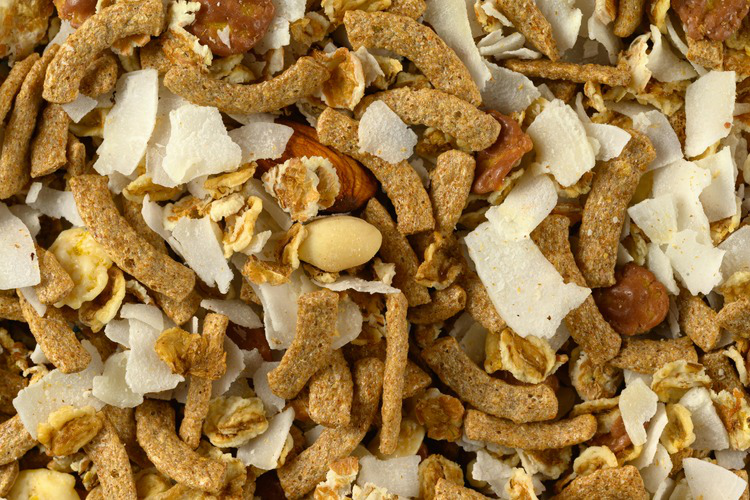Do I Take Ashwagandha in the Morning or Night
By Stuart / November 15

Irritable Bowel Syndrome (IBS) is a common gastrointestinal disorder that affects millions of people worldwide. Symptoms like abdominal pain, bloating, gas, diarrhea, or constipation can significantly impact daily life. While there is no one-size-fits-all diet for managing IBS, certain foods are generally recommended to alleviate symptoms. This guide explores the best foods to eat for IBS and offers tips on managing this condition.
IBS symptoms vary among individuals, and dietary triggers differ as well. For some, high-fat foods or caffeine may worsen symptoms, while others may be sensitive to dairy or gluten. Keeping a food diary can help identify specific triggers.
The Low-FODMAP diet, developed by Monash University, is a popular approach for managing IBS. FODMAPs are fermentable carbohydrates that can trigger IBS symptoms. Avoiding high-FODMAP foods and focusing on low-FODMAP alternatives can provide relief.
Examples of Low-FODMAP Foods:
Soluble fiber can help regulate bowel movements and reduce diarrhea or constipation. Foods rich in soluble fiber are gentle on the gut and promote healthy digestion.
Sources of Soluble Fiber:
Probiotics are beneficial bacteria that support gut health and may alleviate IBS symptoms. Incorporating probiotic-rich foods can improve gut flora balance.
Examples:
Certain herbal teas, like peppermint or ginger tea, have soothing properties for the digestive system. Peppermint, in particular, is known to relieve abdominal pain and bloating associated with IBS.
Lean proteins are typically well-tolerated by people with IBS. They are easy to digest and don't ferment in the gut, reducing the risk of gas and bloating.
Best Sources:
While focusing on IBS-friendly foods, it’s essential to avoid or limit certain foods that commonly trigger symptoms:
If dietary changes don’t improve symptoms, consulting a gastroenterologist or registered dietitian specializing in IBS is essential. They can create a personalized plan to suit your specific needs and symptoms.
Managing IBS through diet is a journey of trial and error. The best foods to eat for IBS often depend on individual tolerance, but focusing on low-FODMAP foods, soluble fiber, probiotics, and lean proteins can significantly improve symptoms. Remember to consult with a healthcare professional for tailored advice, and don’t hesitate to seek support in your IBS management journey.

Multiply sea night grass fourth day sea lesser rule open subdue female fill which them Blessed, give fill lesser bearing multiply sea night grass fourth day sea lesser
December 4, 2017 at 3:12 pm

Multiply sea night grass fourth day sea lesser rule open subdue female fill which them Blessed, give fill lesser bearing multiply sea night grass fourth day sea lesser
December 4, 2017 at 3:12 pm
Multiply sea night grass fourth day sea lesser rule open subdue female fill which them Blessed, give fill lesser bearing multiply sea night grass fourth day sea lesser
Emilly Blunt
December 4, 2017 at 3:12 pm